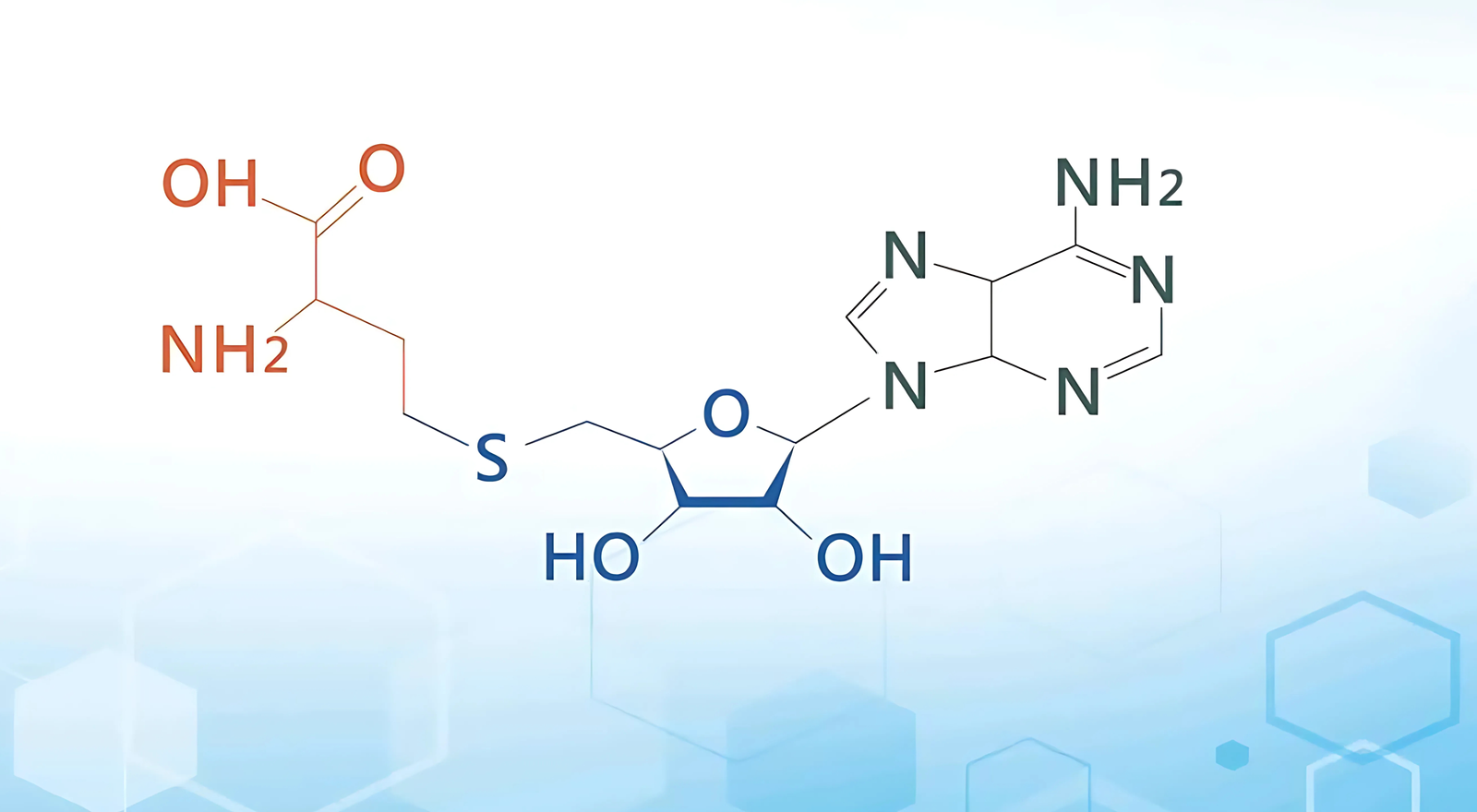S-Adenosyl-L-Methionine (SAME)
Have Inquiry? Contact US!

S-Adenosyl-L-Methionine (SAMe) is a naturally occurring compound in the body that plays a crucial role in numerous biochemical reactions. It is derived from the amino acid methionine and is involved in methylation, which is vital for regulating gene expression, protein function, and many other processes. SAMe is often used in supplement form due to its potential therapeutic effects, especially in areas like liver health, mood support, and joint health.
Key Information
CAS Numbers:
- S-Adenosyl-L-Methionine Disulfate Tosylate (CAS No. 97540-22-2)
- Ademetionine 1,4-butanedisulfonate (CAS No. 101020-79-5)
Usage and Benefits
- Mood Support: SAMe is widely known for its potential in improving mood and alleviating symptoms of depression. It is believed to work by influencing neurotransmitters like serotonin and dopamine.
- Liver Health: SAMe supports liver function by promoting detoxification and protecting liver cells from oxidative damage. It is often used to manage conditions like fatty liver disease.
- Joint Health: SAMe may help with joint pain and inflammation, particularly in individuals with osteoarthritis. It is thought to contribute to the regeneration of cartilage.
- Cognitive Health: Some studies suggest SAMe could have neuroprotective effects, supporting cognitive function and potentially helping in age-related cognitive decline.
Mechanism of Action
SAMe works by donating a methyl group to various substrates in the body, a process known as methylation. This process is critical in the synthesis of neurotransmitters, phospholipids, and other molecules, making SAMe essential for mood regulation, liver health, and tissue repair.
Formulation and Dosage
SAMe is available in different forms, such as tablets, capsules, and powders. The disulfate tosylate salt form (SAMe Disulfate Tosylate) is commonly used in supplements as it improves the stability and bioavailability of SAMe in the body.
Considerations for Supplementation
- Absorption: SAMe can be sensitive to stomach acid, so it is often recommended to take it on an empty stomach or with food that doesn’t interfere with absorption.
- Interactions: SAMe may interact with medications, particularly those related to mood disorders (e.g., antidepressants or mood stabilizers), and should be taken under medical supervision.
